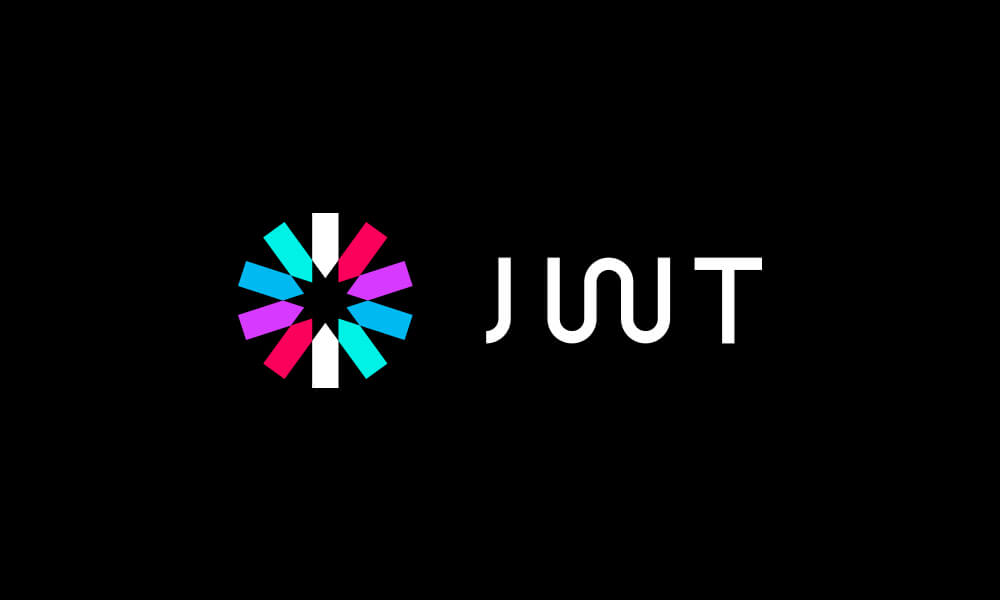The aim of this 6th GeeksHubs project is to build a web app LFG, "Looking for Group". This app should allow a company's employees to stay in contact with each other, chatting in different categories channels and playing online videogames.
- Clone or download the repository
git clone https://github.com/Claudia1010/Laravel-Project-LFG.git- Go to the project directory and run composer install
composer install- Create .env file by copying the .env.example. You may use the command to do that cp .env.example .env, but make sure the .env already exists.
cp .env.example .env-
Update the database name and credentials from the Workbench database, in the .env file
-
Run the command php artisan jwt:secret
php artisan jwt:secret- Run the command php artisan migrate
php artisan migrate- Run the command php artisan db:seed, para crear los registros en la base de datos.
php artisan db:seed- Run php artisan serve from the project root
php artisan serveAs we can see in this screenshot taken from Workbench, the database consists in 7 simple tables connected between
them: users, roles, role_user, games, channels, channel_user and messages.
The relationship between users and roles is "many to many" , so we must create an intermediate table like in this
case called role_user.
The relationship between users and role_user is "1 to many" (1:n), and the relationship between roles and
role_user is exactly the same (1:n).
The same kind of relationship has the table users with games, is "1 to many" (1:n), because one user can create
many games but a game can be created for only one user, the admin in this case.
Exactly the same happens between games and channels, one game can have multiple channels (similar to chat rooms)
and a channel belongs to a single game (like a category), it is again a "1 to many" (1:n).
But relationship between channels and users is "many to many", and the intermediate table is called channel_user
where we will keep the foreigns keys for user_id and channel_id.
Then we have another 2 more "1 to many" (1:n) table relationships: between channels and messages, because one
channel might have multiple messages, and one specific message belongs only to one channel. And between users and
messages, because one user can write many messages but one message can be written only by one particular person.
The root for all the endpoints will be:
LOCAL: http://localhost:8000/api
HEROKU: https://laravel-lfg-07-2022.herokuapp.com/api
Endpoint-function links: The method to enter in Postman is specified, and what we must enter after the root to
access each of the endpoints:
- POST to REGISTER a user: ('/register', [AuthController::class, 'register'])
- POST to LOGIN a user, where the token will be given: ('/register', [AuthController::class, 'login'])
-
GET the user profile: ('/profile', [AuthController::class, 'getProfile'])
-
PUT to update the user profile: ('/update', [AuthController::class, 'updateProfile'])
-
POST to logout from the session: ('/logout', [AuthController::class, 'logout'])
-
DELETE to delete the user profile from the app:('/delete', [AuthController::class, 'deleteProfile'])
-
GET to check all the games available: ('/getAllGames', [GameController::class, 'getAllGames'])
-
GET to check all the channels created: ('/getAllChannels', [ChannelController::class, 'getAllChannels'])
-
GET to filter the channels by the game id: ('/findChannelsById/{id}', [ChannelController::class, 'findChannelByGameId']);
-
POST to join a channel, where it will be attached the channel_id: ('/accessChannel', [UserController::class, 'accessChannel'])
-
POST to leave a channel, where the channel_id given will be removed: ('/leaveChannel', [UserController::class, 'leaveChannel'])
-
GET to bring all the messages from a channel id: ('/getAllMessages/{id}', [MessageController::class, 'getAllMessagesByChannelId'])
-
POST to create a new message: ('/createMessage', [MessageController::class, 'createMessage'])
-
PUT to update an existing message, checking it belongs to the creator: ('/updateMessage/{id}', [MessageController::class, 'updateMessageById'])
-
DELETE to delete a message given the message id: ('/deleteMessage/{id}', [MessageController::class, 'deleteMessageById'])
-
POST to create a new game, giving some details like name, genre, age and developer: ('/createGame', [GameController::class, 'createGame'])
-
GET to check all the games created by the admin registered: ('/getMyGames', [GameController::class, 'getMyGames'])
-
PUT to update any attribute of an existing game: ('/updateMyGame/{id}', [GameController::class, 'updateMyGame'])
-
POST to create a new channel: ('/createChannel', [ChannelController::class, 'createChannel'])
-
PUT to update a channel: ('/updateChannel/{id}', [ChannelController::class, 'updateChannelById'])
Also, and obviously, the admins can create, update, see and delete messages: - POST('/createMessage', [MessageController::class, 'createMessage']) - GET('/getAllMessages/{id}', [MessageController::class, 'getAllMessagesByChannelId']) - PUT('/updateMessage/{id}', [MessageController::class, 'updateMessageById']) - DELETE('/deleteMessage/{id}', [MessageController::class, 'deleteMessageById'])
- POST to promote an user to admin role: ('/user/admin/{id}', [UserController::class, 'userToAdmin'])
- POST to downgrade an admin to user: ('/user/remove_admin/{id}', [UserController::class, 'adminToUser'])
- POST to promote a user to superadmin: ('/user/super_admin/{id}', [UserController::class, 'userToSuperAdmin'])
- POST to downgrade a superadmin to user: ('/user/remove_superadmin/{id}', [UserController::class, 'superAdminToUser'])
- GET to check all the existing users: ('/getAllUsers', [UserController::class, 'getAllUsers'])
Only the superadmins could delete channels and games given the Id by params (URL):
- DELETE('/deleteChannel/{id}', [ChannelController::class, 'deleteChannelById'])
- DELETE('/deleteGame/{id}', [GameController::class, 'deleteGameById'])
Also the superadmins can create, update, see and delete messages:
- POST('/createMessage', [MessageController::class, 'createMessage'])
- GET('/getAllMessages/{id}', [MessageController::class, 'getAllMessagesByChannelId'])
- PUT('/updateMessage/{id}', [MessageController::class, 'updateMessageById'])
- DELETE('/deleteMessage/{id}', [MessageController::class, 'deleteMessageById'])










